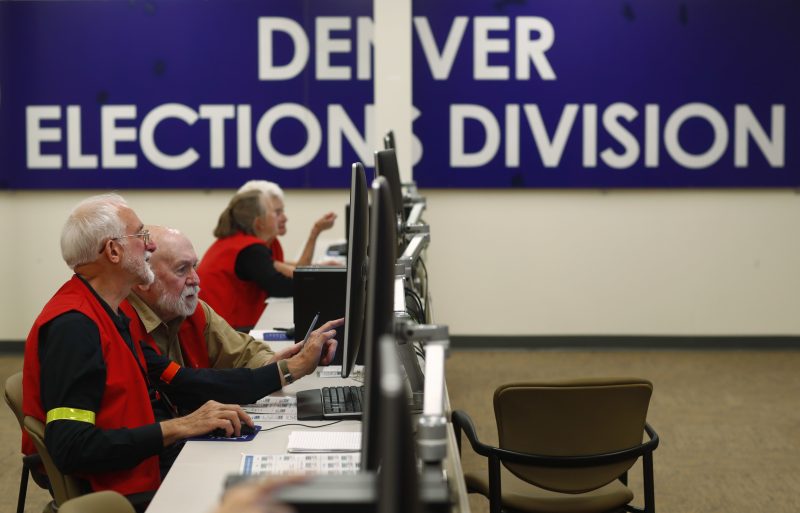protester case
1. Free Speech Does Not Always Mean Unlimited Speech: The court ruling demonstrates that the right to free speech is not always a blanket right that allows for unlimited expression and activity. In the case under consideration, a protester’s actions of trespassing on a private building, harassing those inside, and using loud amplification equipment were deemed to exceed the scope of free speech.
2. Respect for the Rights of Others: The court ruling serves as a reminder that individuals must be mindful of the rights of others and must refrain from engaging in activities that infringe upon those rights. In this case, the protester’s actions infringed on the rights of those within the building where he was demonstrating, as well as the rights of others who live and work nearby.
3. Government Laws Apply Even to Protests: The court’s ruling highlights the importance of respecting local, state, and federal laws even while engaging in protest activities. The protester in this case was found guilty of violating local laws, which in turn resulted in the court’s decision to disqualify his application for a permit.
4. Court Decisions are Not Always Final: The court’s decision was ultimately overturned, however, by a district judge who felt that there were not sufficient grounds to disqualify the permit. This serves as a reminder that court decisions are not always final, and can be reviewed and overturned if needed.
